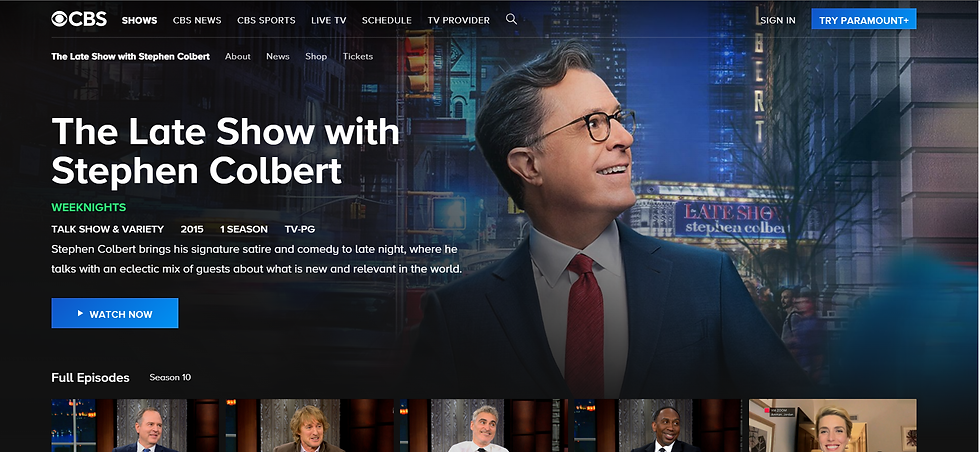Royal Pain - How Not to Tweet on International Women's Day
- Mark Campbell

- Mar 8, 2021
- 2 min read
Updated: Mar 9, 2021

It is International Women's Day, and brands are eagerly demonstrating their support for women's rights on social media.
Including Burger King's UK Twitter account.
Today, they decided to announce a scholarship program to help 'female Burger King employees pursue their culinary dreams.'
A good news story, right?
There are many ways you could position an announcement like this.
And somehow, Burger King chose one of the worst--a tweet thread that starts with 'Women belong in the kitchen.'
I get what they are trying to do.
They are trying to flip a stereotype on its head.
But they are doing it using a sexist statement.
And employing that kind of provocation on Twitter is like shouting fire in a movie theater to get people's attention.
You get a stampede instead of people listening to what you have to say next.
Because people are likely to note the first tweet in the thread, but not the follow through.
And that is what is happening today.
Burger King is being dunked on for a bad take, and the person handling their tweets is spending a lot of time explaining intent.
You never want to be explaining intent.
That is a lot of wasted energy.
And a wasted opportunity.
International Women's Day is a reminder that there are real substantive issues that need to be addressed related to women's earnings, health, safety, opportunities and much, much more.
It seemed Burger King was attempting in a small way to change that.
But the message is wrong.
It's not really a day when a sarcastic or ironic statement is a good idea.
And it asks a lot of an audience to read on to understand your intent.
Especially on a medium like Twitter.
And Burger King could have easily combined the provocative tweet with the substantive one so the intent was not lost.
But for some reason, no one thought to do this.
So instead of garnering positive coverage for a measure that could have a beneficial impact, the Burger King UK Twitter account has generated news stories with tweets and commentary calling them out for shameless click bait tactics.
I know they wanted attention and to spark conversation, but I am pretty sure that the result is not what they were hoping for.
The Burger King tweet is a reminder that, when it comes to messaging, you want to give considerable thought not just to the substance of what you are saying but how you say it.
Because even with the best possible intent, provocative content like this can leave a bad taste in the mouth.
What do you think? Is this food for thought? Or much ado about nothing? Let me know.




Comments